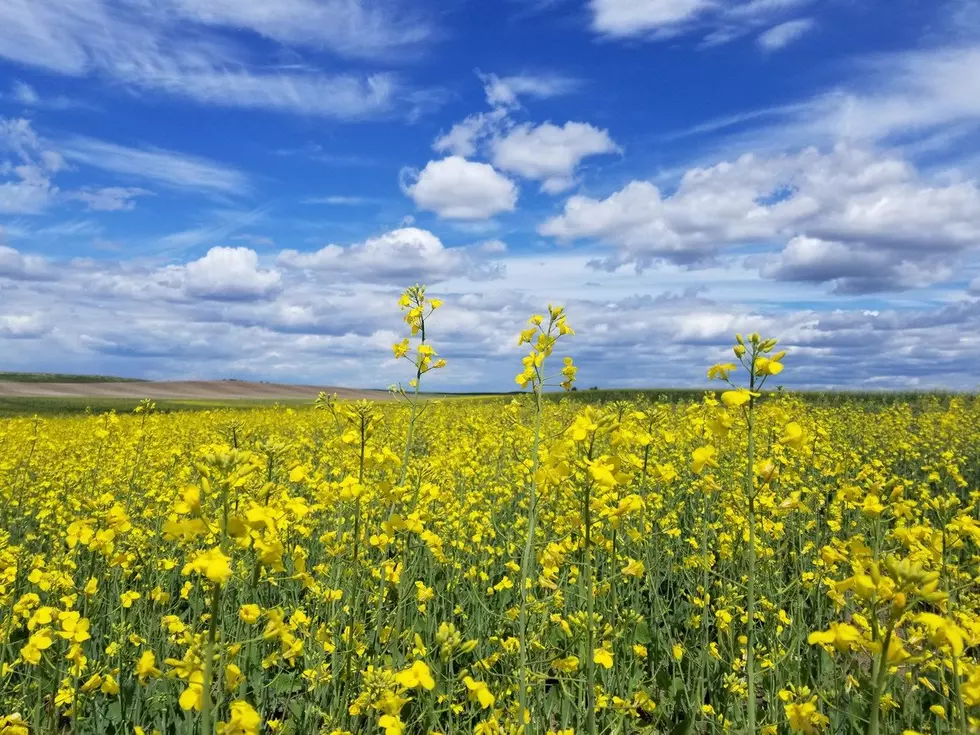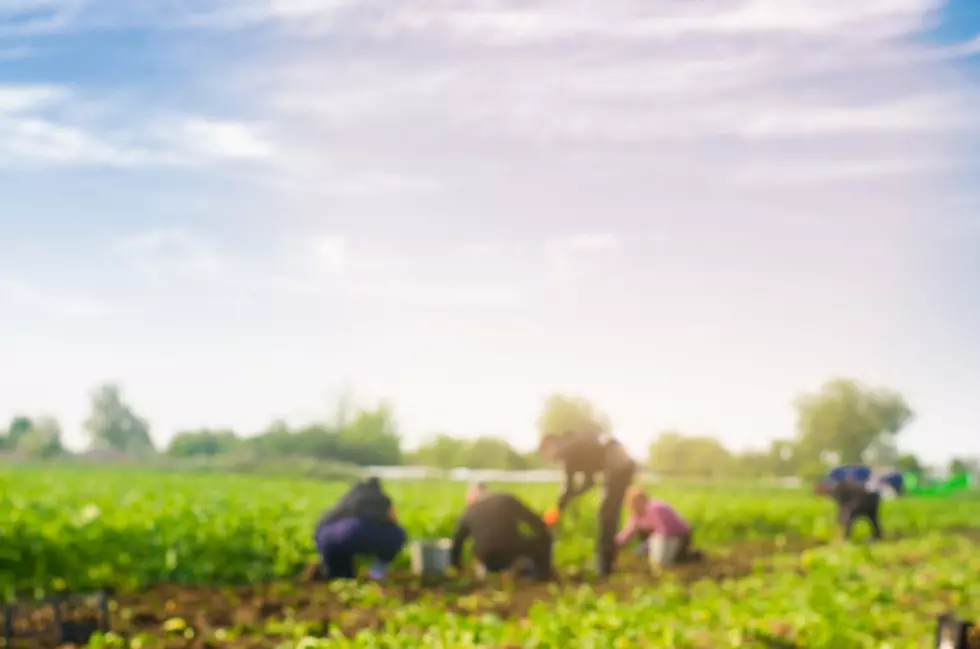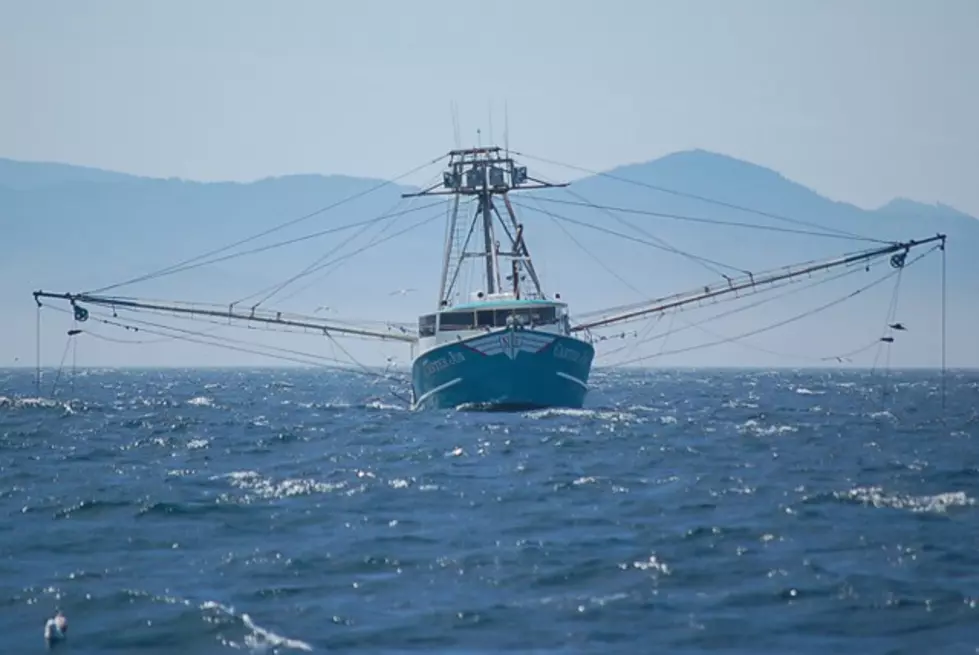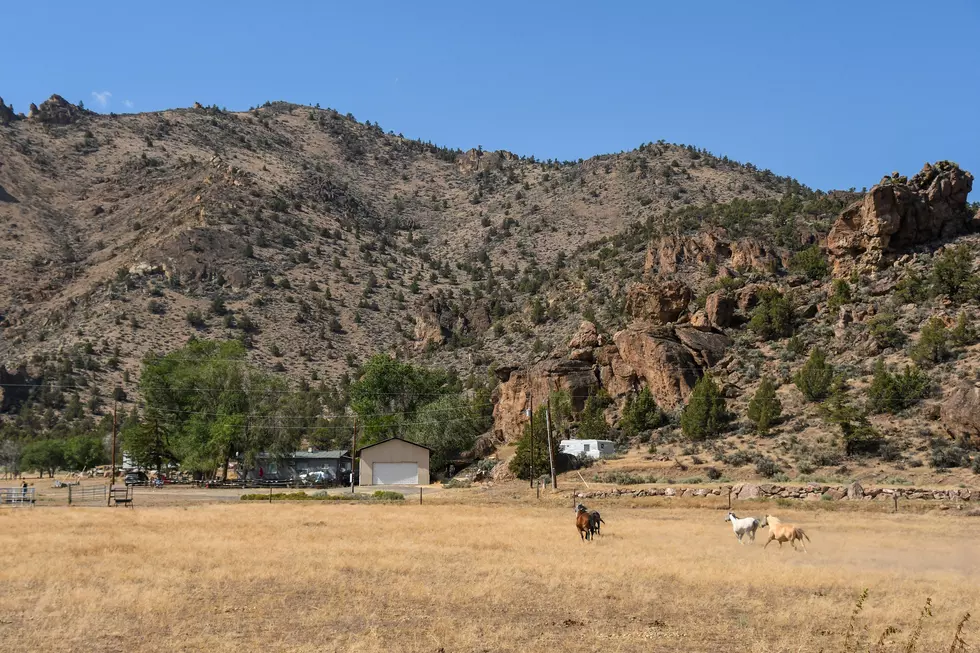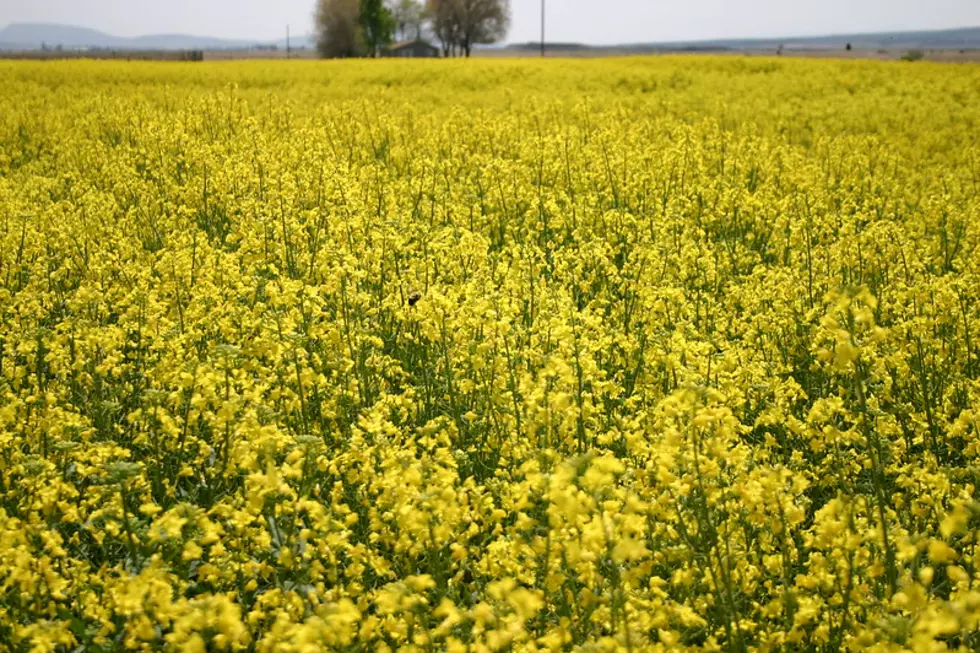
Sowers: Heat Has Had A Big Impact On PNW Canola
The extreme heat from this summer had a significant impact on the canola crop across the Pacific Northwest. According to Karen Sowers, Executive Director of the Pacific Northwest Canola Association, the effects on winter and spring canola were consistent across the region. She noted winter canola yields are down 10-40% from last year. Meanwhile the dry land spring canola, which is still being harvested in places, maybe be one-third to half of 2020's yield. She noted yields have not bee the only thing impacted by the extreme heat of 2021.
"It's been dry for so long, yet the seed is sprouting in the pod. Now we're also hearing reports in the last couple of weeks about a lot of new growth on the bottom of the plant. Like the pod is thinking, 'OK, it's a little bit cooler. I'm going to put out some more pods,' and it's way too late."
Sowers noted that has not stopped growers from getting their winter canola in the ground, especially in Montana and Washington. There have been many reports of dry land farmers quickly sowing their winter canola following rain storms.
"If a farmer has both winter wheat and winter canola on his farm or spring canola and spring wheat or barley, the canola is performing just as well, and in many cases better, than the grain crop."
Sowers said as growers look to plant, they need to consider what fertilizers and pesticides may remain due to a lack of rain, which could limit plant growth. She added producers negatively impacted by this summer’s heat, or drought, need to contact their crop insurer or their local FSA office.
If you have a story idea for the PNW Ag Network, call (509) 547-1618, or e-mail gvaagen@cherrycreekmedia.com
More From PNW Ag Network


